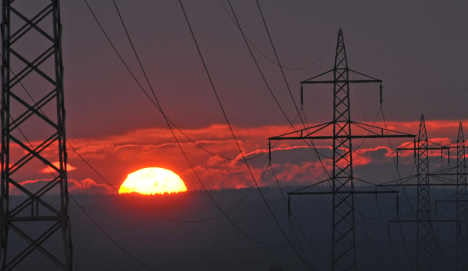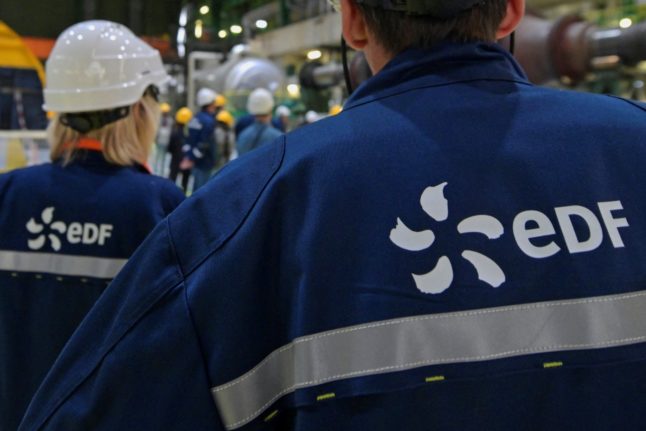Germany was considered brave – and foolhardy by some – when it decided to phase out nuclear power in the wake of the nuclear disaster at Fukushima in Japan two years ago.
But new figures suggest the country has a more than healthy supply of power. Last year, Germany exported 22.8 terawatt (TWh) more electricity than it imported. That’s due in part to an increase in sun and wind energy production.
Top consumers of German energy are the Netherlands, Austria and Switzerland, while France, Denmark and the Czech Republic supply most to the country.
According to figures from the Federal Statistics Office, Germany’s energy surplus stood at 14.4 TWh in 2009 and rose to 17.6 TWh in 2010. In 2011, the year Germany made the controversial decision to cut its reliance on nuclear power, it maintained an export surplus, albeit it of just 6 TWh. The latest increase therefore represents almost a four-fold increase since 2011 and the highest surplus in four years.
In 2011, German energy giant RWE warned the decision to shut down nuclear power plants “could lead to a long-term depletion process with a considerable negative impact on jobs and prosperity.”
But two years on, there are no indications that the country will suffer a shortage. To date, Germany has closed eight of its 17 nuclear power plants and is set to shut all the rest by 2022.
DPA/The Local/kkf



 Please whitelist us to continue reading.
Please whitelist us to continue reading.
Member comments